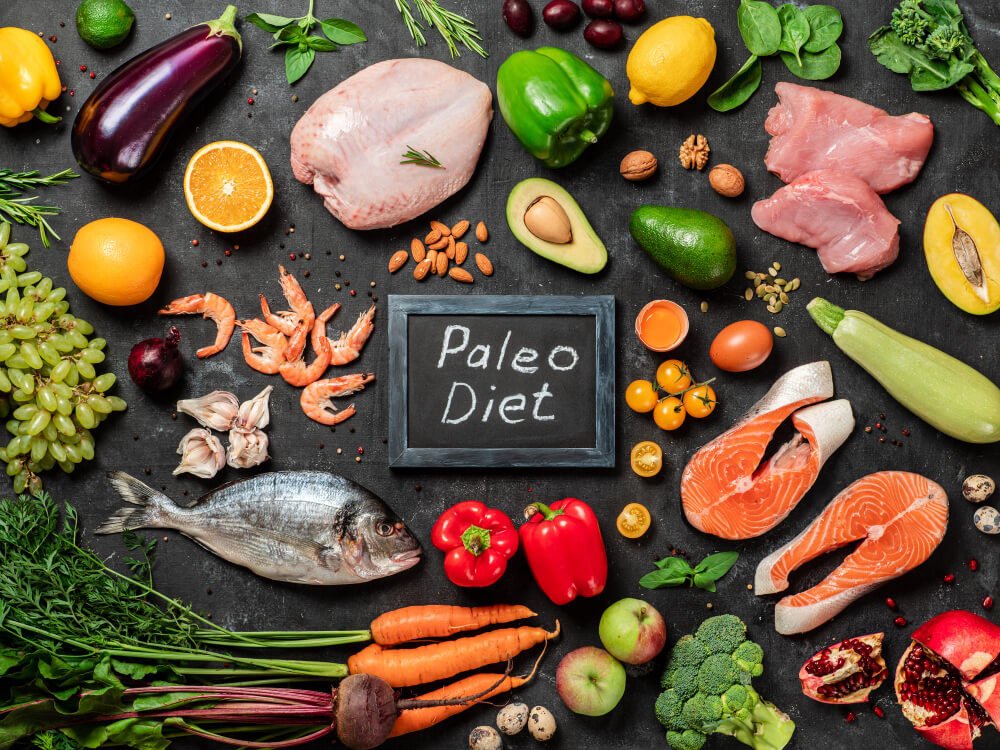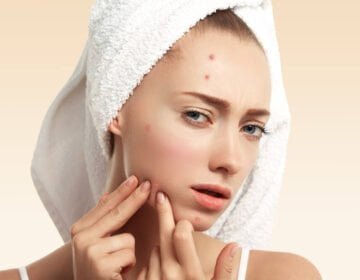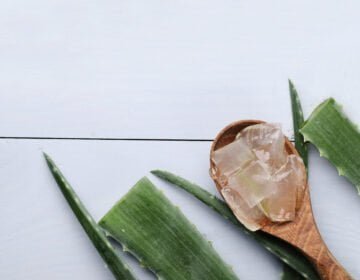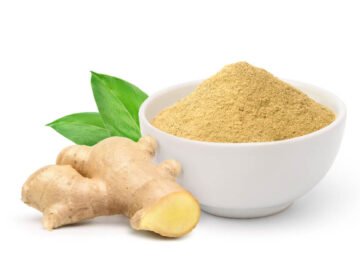
Paleo Diet: Everything You Need to Know to Stay Healthy
Are you wondering what a paleo diet is and why so many people are talking about it? Well, we have the answer to all your questions, let’s get deep into it.
The paleo diet, also known as the ‘Paleolithic diet’ or ‘Caveman diet,’ is the idea of eating like our ancestors from the Paleolithic period. This diet mostly includes foods like lean meat, vegetables, fresh fruit, eggs, nuts, and healthy oil.
But what’s the purpose of this diet, and is it the right diet for you? Let’s learn more about paleo and get deeper knowledge before blindly committing to the diet.
What is the Paleo Diet?
The paleo diet is a nutritional diet plan that focuses on eating foods that were hunted or were easily available during the Paleolithic era.
The Palaeolithic era is the era that dates back to the era; basically stone age period. This means the paleo diet includes those goods that were available then or were hunted during that period, like lean meats, fish, fruits, nuts, vegetables, seeds, etc.
The idea of this diet is to mimic the food that our ancestors had, who consumed whole, unprocessed foods unlike what we eat today such as dairy products, legumes, grains, and so on.
What to eat in a paleo diet:
- Lean meat (wild or grass-fed)
- Fruit
- Root vegetables
- Eggs
- Fish
- Nuts
- Olive oil, coconut
- Leafy green vegetables
What is excluded from this diet:
- Dairy products
- Sugary products(candy, soda, soft drinks, juices, beer, etc.)
- Processed food products
- Grains, beans and legumes
- Refines fats
- Any store-bought junk food (fast-food)
Is the paleo diet healthy?
There are no proven records of how the paleo diet affects our health. However, it can be a healthy way of eating for many people. The paleo diet is all about consuming naturally raised meat and fish, as well as green vegetables and fruits. But, you must avoid dairy products, grains, etc.
But what you need to know is this diet is not for everyone. Fun fact, while many online sources claim diet good for its simplicity, what we do not know is our Paleolithic ancestors’ lifespans were far shorter, due to malnutrition and lack of diverse foods.
And, also diet excludes processed food, which can be a health boost, and the complete eradication of grains and legumes limits the excess of essential nutrients. So, it’s a gentle reminder that balance, rather than a strict commitment to your diet, is the true key to overall health.
Here’s what we know:
- There’s not one precise Paleolithic diet, and it’s not possible to mimic exactly what our ancestors had in the Paleolithic era.
- The diet consists of fresh whole foods like meat, fruit, and vegetables, it doesn’t include healthy food groups like dairy, grains, etc.
- There’s no proof that this diet is a healthy long-term diet
- The paleo diet can be helpful to lose weight
- Following the paleo diet long-term will most likely put you in danger of nutrient deficiencies.
Paleo diet Pros and Cons:
Pros/Benefits:
- It helps with weight loss: As you do not consume any processed foods like salty snack foods, high-fat foods, or any other store-package foods, you’re focusing on your overall health. By reducing the amount of what we normally eat, it means we’re consuming less.
- Another thing is we consume more protein, it makes us full. This helps us to consume more resulting in weight loss and also feeling satisfied.
- In this diet, you’re restricted to intake of processed food and adding whole foods, meaning less sugar and salt you’re consuming. This helps to improve your blood pressure and blood sugar level. This means you’re at less risk of getting diabetes and cardiovascular disease.
- Because in this paleo, you’re eating a lot of green vegetables and fruits, it’s rich in potassium. And, potassium plays a very good role in improving the function of your muscles and kidney.
Cons/Disadvantages of paleo that people don’t talk about much:
Low carbohydrate intake:
As we all know, paleo excludes the intake of wheat, barley, oats, brown rice, corn and many more which are sources of fibre, vitamin B, iron, and magnesium. Also, grains are excluded in paleo which controls our blood sugar, lowers cholesterol levels, and fights the risk of chronic diseases.
Restriction of all kinds of dairy products because this diet restricts the intake of dairy products, it puts you at risk of inadequate calcium and vitamin D consumption essential for bone health.
Saturated fats are consumed in meager amounts:
Because of low consumption of saturated fats, it can increase our risk of kidney and heart disease, and also cancers.
A high amount of red meat consumption:
According to various studies, consuming a high level of fat meat and saturated fat increases LDL (bad cholesterol) and our risk of bowel cancer. It is also said that an adult should consume about 13 grams of saturated fat per day. But if you’re following this paleo diet, then your saturated fat consumption is most likely to be 50 grams per day.
Not a reasonable diet for vegans:
If you are vegetarian or vegan, then this paleo is not for you as it has many animal-based products. Also, this diet allows you to eat any legumes which are major sources of protein.
It’s quite difficult to follow compared to other diets:
As there are many restrictions to following the diet, you might end up leaving it in the middle. This diet requires your utmost commitment, proper planning, etc.
Also, before following this diet please consult a nutritionist or dietitian as many people who have followed this diet have shown signs of low energy and digestive issues as well.
What makes paleo different from any other diet?
There are various reasons why this paleo is very different from those compared to other diets such as:
Paleo Diet:
- Includes whole, unprocessed foods to mimic the eating idea of our Paleolithic ancestors
- Consists of wild lean meats, fish, fruits, and vegetables.
- It does not allow any dairy products, legumes, processed sugars, etc.
Any Other Standard American Diet:
- Includes processed foods, sugars, refined grains, unhealthy fats, and so on.
- Does not have restrictions on the intake of dairy products, legumes, grains and so on.
- You can also eat store-bought foods, fast food, and sugary beverages.
Ending Thoughts:
Whether you should be the one following the paleo diet or not depends on your health and fitness goals. While paleo might help you lose weight it lacks many essential nutrients needed for a healthy lifestyle. So, these are the factors everyone should consider before following this diet.
Though many people consider it the perfect diet to lose some weight, it’s not suitable for everyone, especially not if you’ve vitamin or mineral deficiency. Therefore, before following any diet please consult your dietitian or nutritionist for good health.
Remember, not following any diet blindly just because it’s viral is the key to a healthy life. In the end, whether it’s a paleo diet or any other diet, the key is to stay healthy and live a healthy life.
FAQ’s
Is it true that the paleo diet helps you lose weight?
Yes, paleo indeed helps you lose weight as this diet is high in protein, low in carbs, and reduces appetite. This diet encourages individuals to exclude processed, and refined foods, whole foods and also store-bought foods that are high in calories.
Is it safe to follow for the long term?
Various research shows that it’s not safe to follow this diet for the long term as it increases some health problems. For example, it increases the risk of an increase in blood cholesterol levels, cardiovascular diseases, kidney and heart diseases and many more.
What exactly is the paleo diet all about?
It is about eating what our ancestors in the Paleolithic era ate in their era. This is impossible as we don’t know what was available or what they used to have, it’s simply the idea of mimicking the diet of that era which is mostly lean meats, eggs, fish, vegetables, herbs, fruits, and nuts as well.
What can I eat on a paleo diet?
Paleo diet means consuming whole and unprocessed food items, that include meat, fish, eggs, vegetables, fruits, nuts, healthy oils, etc. So, if you’re looking for a diet to lose some weight, it might be for you.
Which is better paleo or keto diet?
Whether the paleo or keto diet depends on individual health, goals and personal needs as they both focus on specific things. While the paleo consists of whole, unprocessed foods; keto focuses on reducing carbohydrates and increasing fat intake.
Both diets are difficult to follow and require strict commitment, also it’s better to consult a nutritionist and dietician before you follow any of these diets that come in trend.















